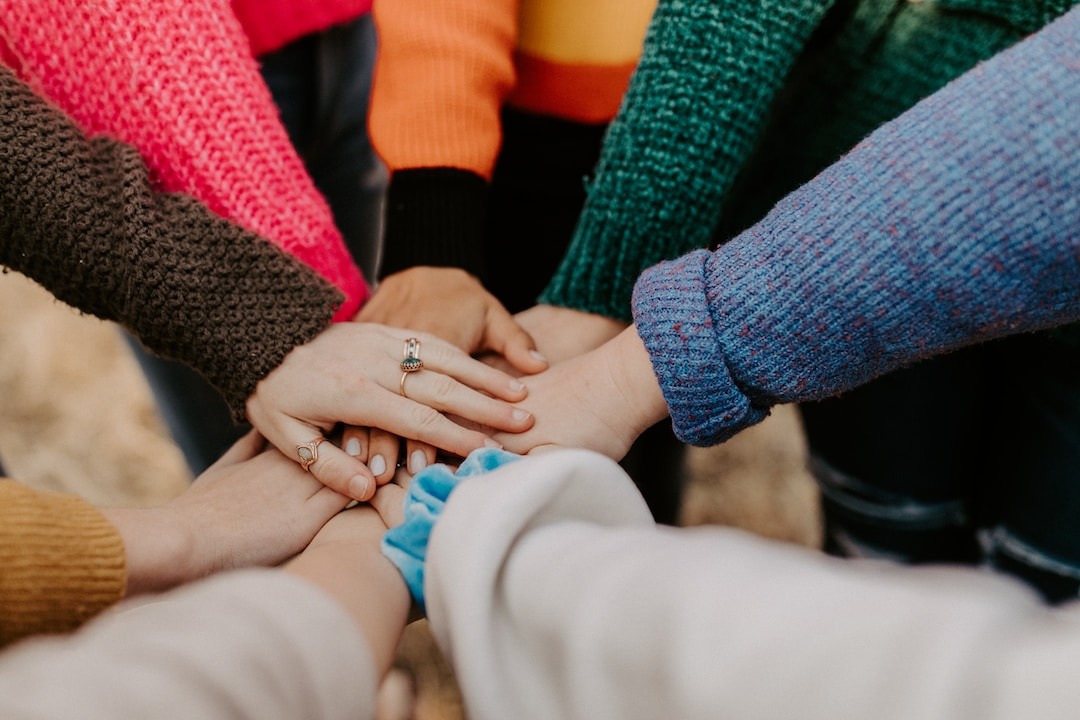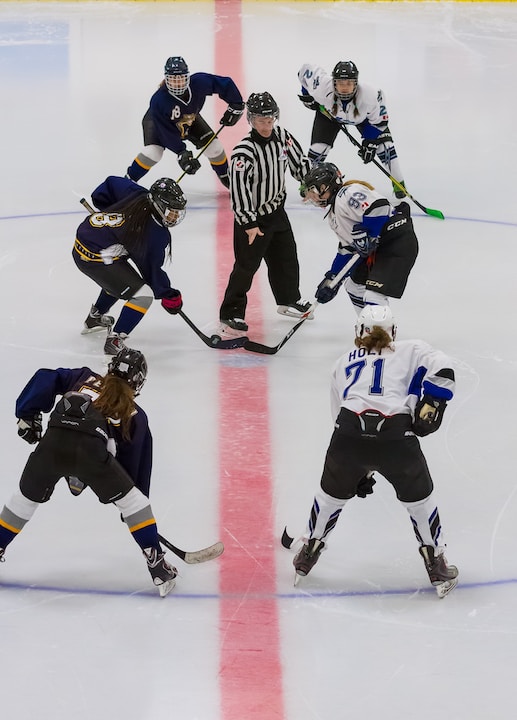
The ability to do group work is one of the necessary and even necessary skills to succeed in any career. Working well with clients, colleagues, managers, and everyone who comes into contact with you can lead to an enjoyable and efficient work environment. Organizations that emphasize teamwork usually have a healthier and higher-performing work environment than others.
Today we will discuss teamwork skills, how to improve them in the workplace, and soft skills that help improve teamwork.
What is teamwork skill?
Teamwork skills give you the ability to work well with others. By learning this skill, you can communicate well, be an active listener, take responsibility, and work honestly. Many soft skills will make you an exceptional teammate. In the following article, we will learn more about this category of skills.
Why is learning teamwork skills essential?
No matter what position you are in and what level of professional skills you are in, you will be asked to work alongside others. If this cooperation is empathetic, efficient, and responsible, it can bring you to your career goals and greatly help the organization.
Also, this skill helps you to easily communicate with others and create deep and new working relationships, creating better job opportunities for yourself.
The most critical skills required for teamwork.
Teamwork skills include a set of different skills that you can learn to improve your work. In the following, we introduce some examples of the most important teamwork skills. You can take a big step in your career development by learning them.
Communicate.
Communicating transparently and efficiently is an essential skill for working in a group. It is necessary to easily share thoughts, ideas, and critical information related to the activity while working with others. For this reason, you should be able to communicate with different people easily. Communication skills are divided into two general categories, verbal and non-verbal.
Responsibility.
Active people in a dynamic work group must take responsibility for their duties, understand their responsibility, and try to perform their duties at the standard level at the designated time. If everyone in the group is responsible for their tasks, they can easily cooperate to reach a common goal and achieve it.
Honesty.
Practicing honesty in work activities may mean working with differences of opinion. For example, you may be unable to do a specific task at a particular time; if you want to be honest, you should announce this to your teammates and ask them for help. The lack of transparency in the team undermines the self-confidence of all group members. Therefore, everyone in the group should be honest with each other to continue their activities effectively.
Being an active listener.
This skill is just as important as the ability to communicate and create a better understanding of teammates and thus build trust. Active listening is an attempt to focus closely on a person. You can fully understand what the other person is saying by paying full attention to the other person’s ideas, thoughts, or feelings. When you listen to the other person with total concentration, you may ask him questions to understand better. This creates a better relationship between you and the other person and helps you better understand the topic under discussion.
Sympathy.
Empathy with team members helps to understand their motivations and feelings better. Listening to them and knowing how they work and think will help you connect with them correctly.
Cooperation and consensus.
We do things in a group way to use the team members’ diverse skill sets and talents to achieve the goal. Collaboration with other teams in an organization can start with sharing ideas and help improve the work of all groups and even form a larger team.

Consciousness.
It is essential to be aware of all the potential in the group and strengthen them. For example, let’s encourage a person who has complete mastery of conversation techniques to teach others. Or if someone in the team has a problem communicating with others, give him different opportunities to express his ideas to strengthen his skill. The most crucial point is to create a suitable atmosphere in the team for the emergence of abilities and help to enhance the skills of other group members. By doing this, not only the members of the group will grow together, but people with special and unique skills will feel good about having these skills.
How to increase our teamwork skills?
Like other soft skills, improving teamwork skills is not possible in the short term, but some methods will help you speed it up. The things we mention below can help you walk in this direction better.
- Get honest feedback. It is tough to identify areas of improvement by ourselves. Find a trusted friend, colleague, or mentor and ask them to be frank about your teamwork strengths and weaknesses. This can help you improve this skill.
- Set personal goals. Use your observations and the feedback you receive to set achievable, relevant, and time-bound goals for yourself. This will help you improve your teamwork skills. Using the SMART goals framework, you can easily set goals related to your career.
- Practice It takes time and practice to see improvement in skills. Pay attention to your work interactions throughout the day. Whether these interactions happen during or outside the work environment doesn’t matter. Practice and go consciously to practice the specific qualities you want to acquire.
- Do not imitate others. If you see successful and excellent examples of teamwork, you don’t have to repeat precisely the same things. Ask yourself why this work was outstanding in your opinion. Then find the main point of this distinction and keep it in mind during the interaction. By applying these tips to personal interactions, you can improve teamwork.
What is the framework of SMART goals?
SMART stands for the following words;
- Specific = S
- Measurable = M
- Achievable = A
- Relevant = R
- Time-based = T
Each element of the SMART framework works together to create a goal and carefully plan for it. This planning should be precise and followable. You may have previously set goals that were difficult or even impossible to reach. The target needed to be more specific, aggressive, or better framed. Trying to achieve a wrong or inaccurate goal can make you anxious and fearful. Creating goals with the help of the SMART framework can prevent these problems and plan them on a solid basis.
Developing your teamwork skill set can help you get things done and provide more new job opportunities. Assess your current skills, identify areas for improvement, and spend time improving your teamwork skills. With time and practice, you can develop and apply robust teamwork skills.
What is teamwork skill?
Teamwork skills give you the ability to work well with others. By learning this skill, you can communicate well, be an active listener, take responsibility, and work honestly. Many soft skills will make you an exceptional teammate.
Why is learning teamwork skills essential?
No matter what position you are in and what level of professional skills you are in, you will be asked to work alongside others. If this cooperation is empathetic, efficient, and responsible, it can bring you to your career goals and greatly help the organization. Also, this skill helps you to easily communicate with others and create deep and new working relationships, creating better job opportunities for yourself.
What are the most critical skills required for teamwork?
The most critical skills required for teamwork include communication, responsibility, honesty, being an active listener, sympathy, cooperation and consensus, and consciousness.
How can one increase their teamwork skills?
Improving teamwork skills can be achieved by getting honest feedback, setting personal goals, practicing, and not imitating others.
What is the framework of SMART goals?
SMART stands for Specific, Measurable, Achievable, Relevant, and Time-based. Each element of the SMART framework works together to create a goal and carefully plan for it. This planning should be precise and followable.
How can developing your teamwork skill set help you?
Developing your teamwork skill set can help you get things done and provide more new job opportunities. Assess your current skills, identify areas for improvement, and spend time improving your teamwork skills. With time and practice, you can develop and apply robust teamwork skills.







